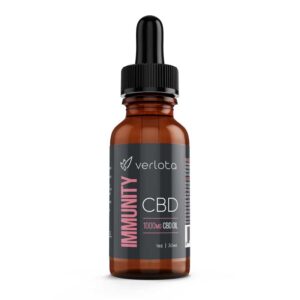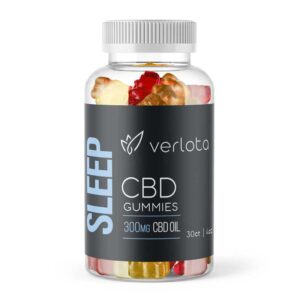Have you ever been watching a bird straddling a telephone wire and wondered, “how do they do that?!”.
Are you the kind of person that can’t figure out how to get enough rest each day while also managing to accomplish everything you need to in a day?
Maybe you work hard, play equally hard, but your bank account is always dipping into the red without any real signs of progress?
Do you seem to eat decently healthy, you might even hit the gym consistently enough, but you’re always falling ill or feeling unfit?
Perhaps you are the type who’s never needed to rely on coffee to stay awake, but are you sure you’re achieving your true potential?
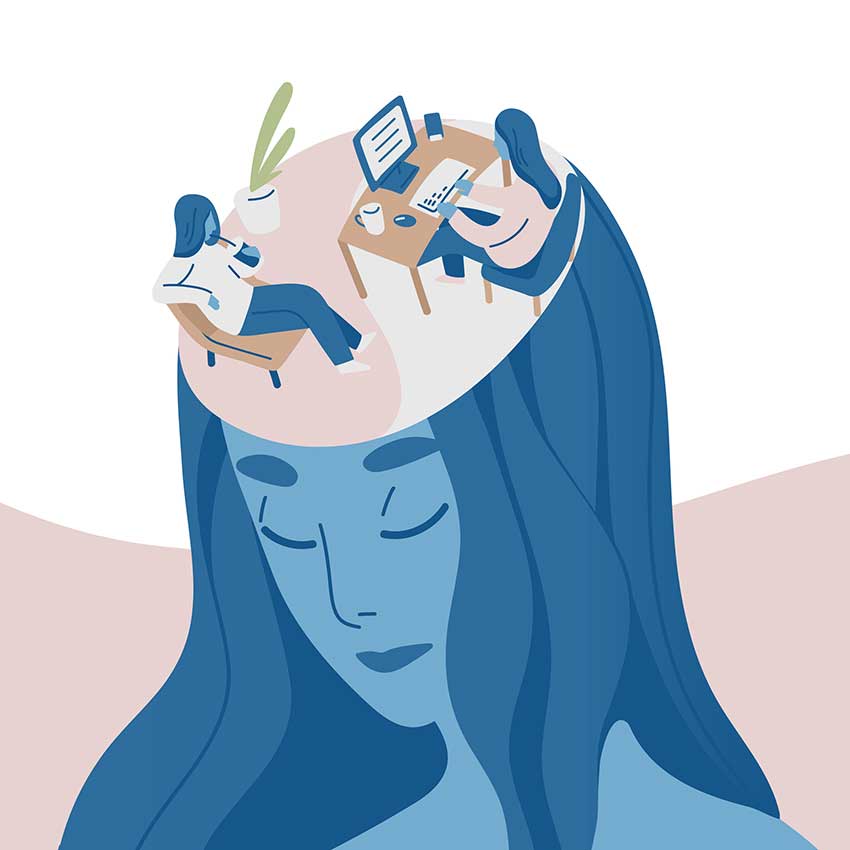
So, what gives?
What do all of these things have in common for the modern adult in 2021? All of these examples hinge upon the same thing, like the letter “A” in the word itself: B-A-L-A-N-C-E.
When you look to nature everything appears to have some kind of elemental balance to it. Prey are multitudinous while predators have to work hard for their meals, but each are in equilibrium to one another. Storms are chaotic, natural disasters can be destructive, but without both of these forces life on this planet could not thrive like it does.
The natural world is ever in a state of balancing itself, and this very ebb-and-flow of life and death seems to be what gives our existences their meaning. Life and death. Light and darkness. Sound and silence. Being together and living in isolation. These are the battlegrounds for the roiling epoch of life on Earth of which we are a part – or at least, that’s the way it was supposed to be.
Humankind used to be part of the mechanism of the natural balance of the world, but we’ve created for ourselves an entirely new plane of existence: society. No longer do we live outdoors, surviving as best we can, reacting to the elements and other beings as they come our way. Today, we struggle to control our finances, balance time at our jobs and with family, or work hard to live a happy & healthy life.
Human beings are an odd bunch, because everything we do, everything we’ve developed and the summation of our entire human history seems to be in direct conflict with the simple concept of balance. Excess of this, too little of that, chaos and randomness seem to plague our everyday lives – especially today in a world still being wracked by a global pandemic.
Wouldn’t it be nice to get back to some of that simple, elemental existence like we experience in the wilderness? Just to exist, be free, be happy, eat, love, fight, sleep, relax, and enjoy the world around us?
This is essentially describing camping – very poignantly, we might add – which probably sheds some light on why many of us spend so much time & energy camping with friends & family. Nature isn’t the only place you can find balance, but it is one of the most palpable experiences we can have when we’re basking in the great outdoors. Everything has purpose, checks, balances, and of course there is chaos or loss in nature but it seems to follow some sort of grand design set forth by a force greater than our collective consciousnesses.

We’re getting pretty heavy with all this kind of philosophical jabbering, so how about we round back to those earlier examples.
SLEEP is something that most of us don’t get enough of, and even if you think you do are you sure that the quality of your rest is sufficient?
Being CALM is one of the fundamental issues of our time, no matter where you stand on the financial spectrum.
Maintaining IMMUNITY comes easy for some, but for most people it is an uphill battle to be free of illness or injuries throughout their busy lives.
ENERGY is one of those resources we externalize, yet its the energy within and the sources for your get-up-and-go that are truly important to living a fulfilling life.
The pigeon on the wire? That’s just a direct metaphor for the trickiness of balancing your life and still being able to fly (succeed) in these tough times many of us are facing.
These four concepts are a part of the 5 Health Elements developed by Verlota to help people achieve their optimal health in an increasingly health-conscious world. The fifth element, BALANCE, will be the subject of this article. Finding balance is one of the most overlooked aspects of many peoples’ lives but that could be because it’s one of the most difficult to manage.
Balance applies to all of the other elements – Energy, Sleep, Calm, Immunity – and yet it is also contingent upon their individual mastery. If this “catch 22” confuses you, don’t fret because it’s meant to…
For most of us, the real crux of the matter of finding equilibrium in life isn’t about a lack of will, it’s simply that most people don’t have the slightest idea on how to achieve balance!
How can you find balance in your life? Why is living a balanced lifestyle important? How does balance influence the other aspects of your life, and vice versa? Let’s do our best to stand on one leg without wobbling, ride the wave on our surfboard, and learn how to glide across the ice like a pro with some insight on balancing your life in 2021.
WHY IS FINDING BALANCE IMPORTANT?
Just like there are seven letters in the word ‘balance’, the secret order of things you need to achieve balance in life are septimal. The “7 Aspects of life/wellness” are a combination of the most important aspects of your life, and balancing them is taught to be a very effective way to be happy, healthy and life a full life.
Sounds great, doesn’t it? Well if it’s as simple as mastering as many concepts as fits on two hands, then why aren’t more people living their ideal balanced life?
Managing your work-life balance and finding balance in your daily life isn’t complicated, but it is an acquired skill. Many people wonder what they’re doing wrong when they’re out-of-shape, relentlessly tired or always struggling to achieve their financial goals but we forget that there’s no blueprint for success.
Everybody’s circumstances are unique and diverse, so there’s no track to keep us on the straight and narrow – that’s the struggle of life, to do well, feel well and experience good things in a certain amount of time.
There’s no blueprint for wellness, but the 7 Aspects of Wellness from the Center for Wellbeing summarize the core ideas of a healthy living quite well. This popular list of 7 is common across a multitude of cultures and it makes managing the numerous facets of your health & wellbeing easier, no matter how chaotic your life or out-of-sync you might be.
When you organize your lifestyle according to these 7 traits of wellbeing, you’ll find that balancing your health is very achievable. Everyone will have different areas of improvement or needs dependent upon your unique health circumstances, but these 7 aspects make it easier to keep tabs on where/when/how/what to focus on and why.
Without further ado, here are the 7 Dimensions of Wellbeing you need to understand and adhere to.
Physical
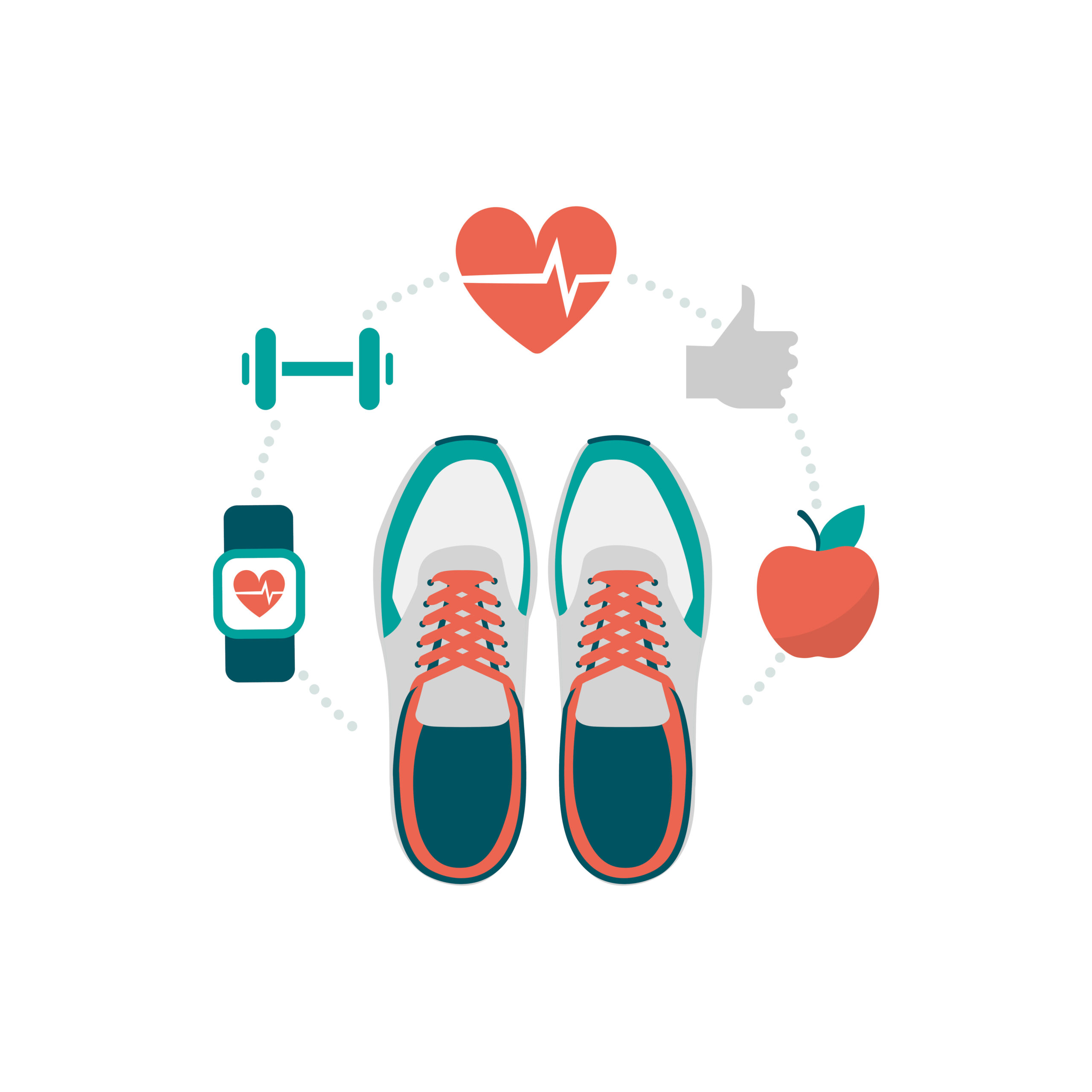
The physical aspects of your health are certainly some of the more obvious or even the easiest to maintain because they are so noticeable. Your physical fitness, athleticism, energy, alertness and capabilities are all tied to your physical wellbeing, but it is more so the absence or degradation of these qualities that we notice the most. Pain, swelling, nausea, stiffness, itchiness or lethargy are the symptoms of poor physical health that we work hard to avoid. So, in essence, maintaining a positive physical wellbeing is about minimizing the negative effects of wear-and-tear on your body.
This is not an epiphany by any means, but how difficult or easy it is to maintain your physical health will greatly depend on how you manage the other aspects of intellectual, environmental and vocational health (we’ll touch on these in greater detail later on in this list).
Essentially, your physical wellbeing is determined by what you put into it. This fundamental concept is unfortunately lost in translation for many people, with poor diets, couch-lock, lack of sleep and over-stimulation all contributing to their physical deterioration.
One of the fundamental problems in society today is that too many people have lost sight of their bodies as being worthy of investment. Investing time, money, care, upkeep and a lot of hard work into your fitness are both short- and long-term investments. You have to think of your physical wellbeing as being paramount to everything you do – career, family life, leisure, and any lifelong goals you have will be closely tied to how healthy you are now, and how healthy you can be in the long run.
Physical wellbeing is also closely tied to consistency – something many of us struggle to uphold in our strenuous lives – such as consistently working out, sleeping consistently or eating healthy portions at similar times throughout the day.
How good/bad in shape we are and how we feel is one of the few aspects of healthy lifestyles that are completely within our control. Even though diets can be tough to manage, the nutrition we put into our bodies (or lack thereof) is solely our responsibility. Similarly, finding enough time in a day to get enough physical activity can be difficult but it’s something we can accomplish with a little bit of time management.
For most people, achieving life and healthy balance begins and ends with maintaining their physical wellbeing. For others, finding balance in life is more about minimizing the limiting factors of their physical health – injuries, illness, disease, malnutrition, etc – so that they can focus their energies on repairing mental or emotional trauma.
There are many more who simply seek to maintain a certain baseline level of physical fitness that suits their needs/goals. Any of these examples can be successful in balancing lifestyle with physical fitness, but it’s a long-term game that requires constant attention and effort.
Whether you’re an avid cyclist, a gym junkie, a recreational sports enthusiast, a fitness professional or a minimalist who goes for a run twice a week to work you need to stay active somehow to be healthy. Your overall health is like a kite on the sting of physical activity you maintain – it will set you soaring in success or bring you crashing down, and no matter how hard the winds might be blowing against you your physical wellbeing keeps you tethered to your long-term health goals.
The main things to remember are that the time you put into your body, the nutrition & energy you supply it with, and the care/attention you give to your physical wellbeing will determine this crucial aspect of your health.

Emotional
To some people it might not seem like their emotions have an impact on their health, but moods can play a major role in behaviors which directly influences mental & physical health. Sadness, depression, anxiety, frustration, anger, grief and more negative feelings can lead to a variety of negative health effects like insomnia, weight loss, and worse. How you feel can have enormous impacts on your energy, drive, dedication, consistency, comfort level and confidence.
Trying to get anything done in a bad mood, let alone something as multifaceted as maintaining good health, can be near impossible. You’ve likely heard of those type of people who commit to maintaining a positive attitude/outlook no matter the situation. How do they do it? For some, it’s not a question of “how” but more of a “why”. Many healthy, successful people discover that being in a positive state of mind is a necessity, not a choice.
It’s not as simple as flipping a switch when you’re feeling down, but understanding the importance of positivity and optimism are critical to moving forward with the right mindset.
Another important factor in the emotional aspect of your wellbeing is the significance of ‘risks vs rewards’. Maintaining negative relationships only serves to foment negative emotions, while focusing your energy on positive ones will yield a lot of emotional rewards in the short- and long-term.
Our behavior is closely tied to the emotions we invest ourselves in – if you’re angry all the time, you’ll likely be very irritable, impatient and struggle to achieve your goals; but if you spend your days trying to be relaxed and happy, your life often takes the same shape. Our health is also linked to the “defaults” we install in our daily lives – healthy people often resort to positive thinking, proactive responses in juxtaposition with negative people struggling to pull themselves out of the mire of trivial things.
Rewarding yourself with healthy things that make you happy is a lot more contributive to success than taking risks with immediate gratification. This is outlined by the struggle of many people with substance abuse and addiction. There are a lot of risks to being addicted to something that provides short-term emotional validation, to your emotional, mental and physical wellbeing. On the flip side, investing your time, energy and resources in being mentally stimulated, physically active and emotional experiences can take more effort but will be that much more rewarding. It’s no easy feat to avoid being reliant on substances like caffeine, nicotine, alcohol or others. It can also seem impossible to steer clear of becoming addicted to your phone, computer or TV screen. However, if you allow yourself a modicum of these potentially detrimental things and use them in small doses as emotional rewards for your discipline, then you’ll find that they’re not so all-consuming as they used to be.
The same goes for emotional eating or drinking. When we become emotionally linked with certain foods or beverages, nutrition can fall by the wayside in favor of the instant satisfaction of sweets, salty snacks or mind-altering substances. It’s important to really analyze what you consume frequently, why you might rely on it, and determine how you can turn something from a health risk into a reward.
Intellectual
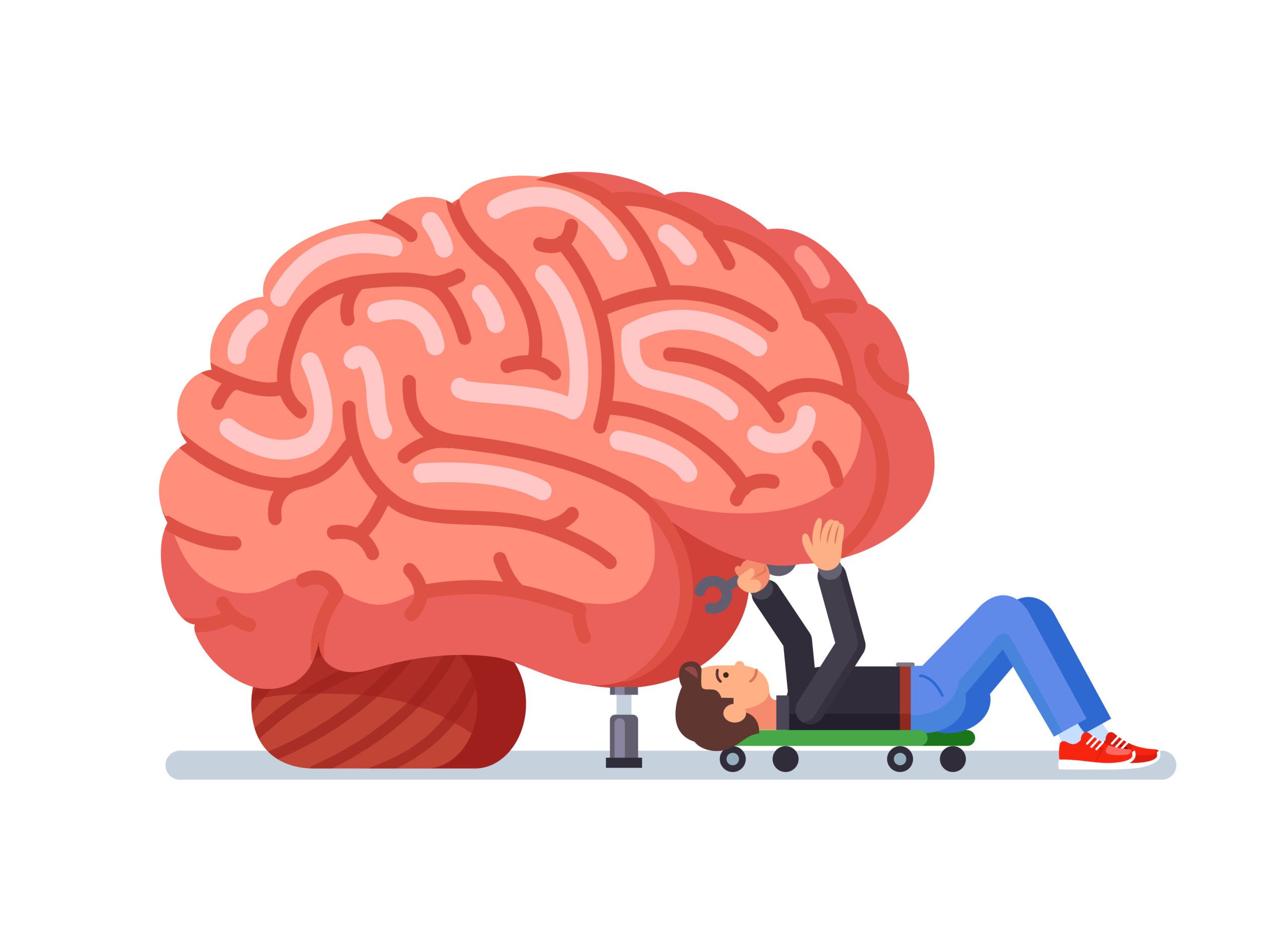
Intellectual pursuits are some of the most rewarding and positive parts of many peoples’ daily lives. For others, sharpening their minds is the last thing on their long list of things they need to do on a daily basis. Too much mental stimulation at the expense of your physical or emotional wellbeing is obviously a bad way of going about it, but too little intellectual exercise can lead to a dull and boring lifestyle.
As always, balance in all things is the goal here. Your intellectual wellbeing often parallels what you do for work, but your leisure activities and things like rest, exercise and socializing will influence your brainpower.
Just like with muscle building, you need to lift intellectual weights on a consistent basis to keep your most important muscle – the mind muscle – strong and healthy.
How do you stay intellectually stimulated without falling victim to obsessive habits? Simple, invest in a pocket watch or timer! Time management is absolutely essential to maintaining a healthy balance of intellectual stimulation.
We’ve all been there: the day flies by as you’re absolutely glued to an amazing book; you look up at the clock and realize you’ve been playing your new Nintendo Switch from dinner to 4 in the morning!; or you started browsing YouTube for funny videos on your lunch break and all the sudden your workday has vanished.
Time is ever the enemy of our intellectual pursuits, because the time we spend in the theaters of our minds flows much differently than in the real world. This is why many people lose track of their intellectual wellbeing – they don’t perceive there to be enough time in a day to read a book before bed, do some sudoku while they eat lunch, browse the internet for exciting new recipes or decorations, or even engage in intellectually stimulating conversations.
For these reasons and many more, it’s very important that you maintain a certain level of intellectual stimulation each and every day. Whether it’s 15 minutes of puzzles, sketching or painting in the afternoons or reading your favorite genre whenever you have some downtime, you need to work your brain doing things you enjoy, not just things you have to think about like work, home or relationships. It might sound counterintuitive to say “stay mentally active, but relax and enjoy the things that make you happy”, but that’s essentially the secret to finding balance in your intellectual wellbeing.
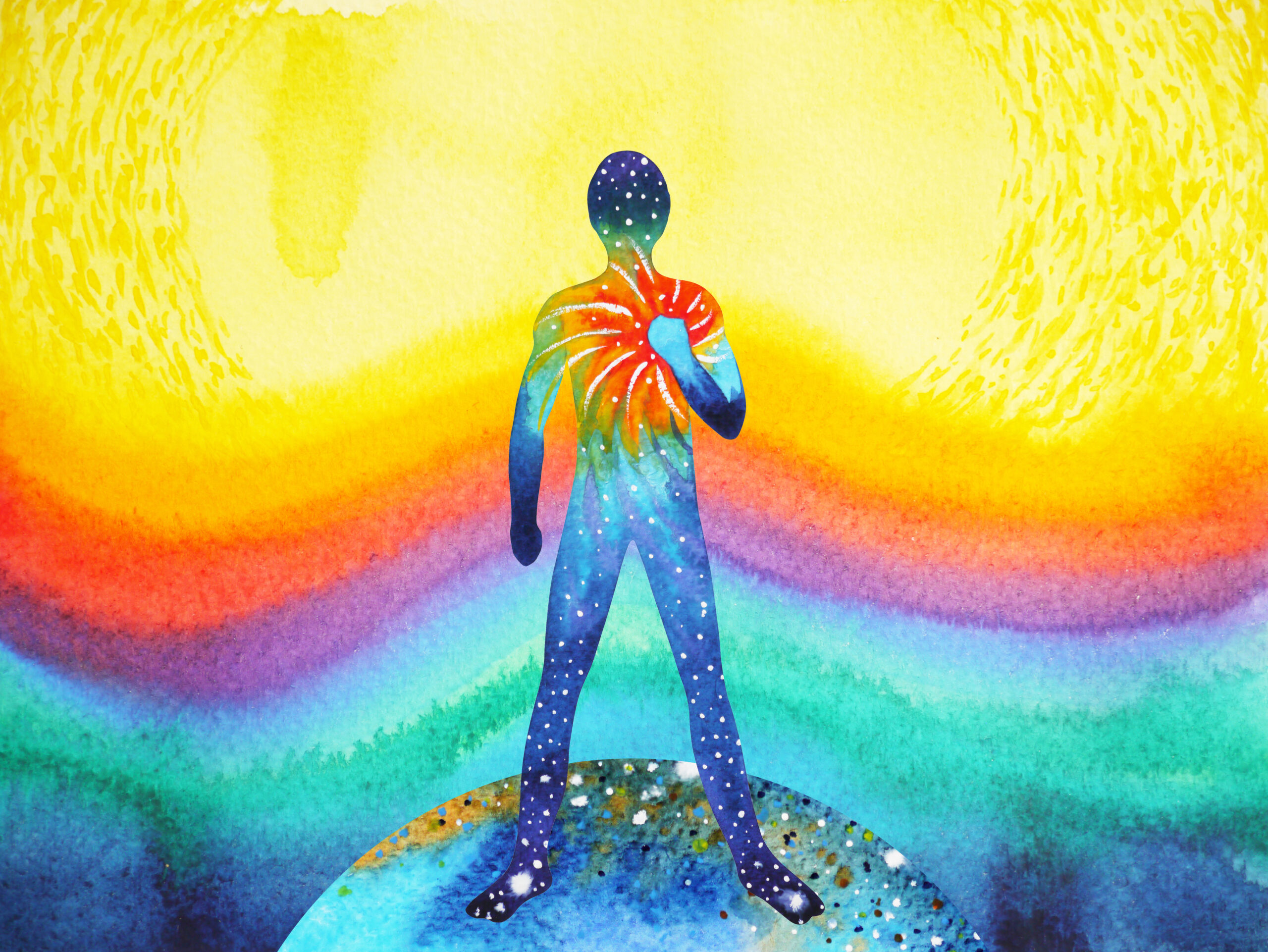
Spiritual
As ethereal and intangible as our individual spirituality might seem, the facets of our beliefs are actually major players in determining our mental and physical health. In fact, some would argue that ‘spiritual health’ is another dimension of our overall wellbeing entirely.
Whether you’re a religious person or not, you’d be surprised to learn that many of us are spiritual in many ways without even realizing it. Proponents of yoga, meditation, dancing and poetry might be tapping into many of the same ideas & emotions as spiritual practitioners. Similarly, sports and outdoor physical activity like mountain biking or hiking can bring the same kinds of energy, unity and strong emotions of belonging that are associated with spirituality.
However you choose to connect with your spiritual inclinations, the important thing is that you do. We’re not suggesting that anyone who does not consider themselves to be spiritual is doing anything wrong – quite the contrary. Spiritualism is essentially all about connecting with certain ideas, emotions or sets of behaviors.
In this way, spirituality can mean attuning yourself with specific emotional wavelengths – such as being charitable, caring, forgiving or optimistic. Spirituality can be all about devotion to your favorite sports team, your passion for environmentalism, your commitment to your family or a need to feel the sun on your skin every morning.
The truth of spirituality is that it is formless, multifaceted, diverse and very personal – whatever makes you feel in-sync, comfortable and joyous. When you pay attention to what makes you happy, why, and how you can experience it without interfering with the experiences of others, then you’re well on your way to living a healthy spiritual life.
Social

Closely linked to your emotional wellbeing is the positive-negative balance of your social interactions, more specifically the relationships you put most of your energy & effort into. Sociability is often confused with social health but while they touch on similar points they’re very different in terms of how they influence your mental health.
Socializing, outgoingness, spontaneity and other similar qualities are almost universally sought after (who wouldn’t like to be loved by all?!). However, when we’re talking about your social wellbeing it’s much more defined as the advantages, disadvantages, strengths and weaknesses of the relationships you foster with friends, family, coworkers and colleagues.
Have you ever considered if your friends are very, well… friendly? Does your family rely on you for support but doesn’t offer it in return? Are you surrounded by coworkers that constantly put you on edge? These are the kinds of evaluations that are critical to “cutting out the bad, pasting in the good” when it comes to relationships.
On the flip side, very rarely can you choose your coworkers – even rarer to have any say in your family members and their maddening quirks! Nevertheless, you can control who you surround yourself with, who you spend time with, and how people treat you by constantly communicating. Emotional intelligence is something we can all achieve in our relationships with those closest to us, but it’s also important to apply the same kinds of honesty, directness and collaboration of efforts with friends & colleagues.
We can’t control how other people act, but we can dial in our communication, behavior and emotional responses in any given situation. Even if someone is bugging you at your favorite cafe, or you’re in conflict with someone at the grocery store, don’t settle for an argument – really talk to whoever is causing negativity and work together to find an amicable solution.
We understand that this is an ideal concept – not every interaction or relationship will lead to mature dialogue and emotional understanding. On the contrary, sometimes the best thing you can do to alleviate social pressures from affecting your wellbeing is to simply cut them loose. Ignoring a negative situation usually leads to further strife, but if you actively cut ties with a person or an organization and mentally “wash your hands” of their influences, you can truly move on to focusing on more positive relationships.
Spend less time entertaining negative relationships so that you can devote your time, energy and make memories with the positive ones. You can’t turn your back on your social problems, but you can put them on mute until they smarten up and leave you alone.
Some might call this a social faux pas, but we consider it to be “strategic silencing”; there’s enough noise in the world, so why not learn how to find balance in life by quieting the loudest relationships in favor of the peaceful ones?
This is an essential skill that everyone can incorporate into their daily lives, especially since we’re all being forced to reevaluate our social norms in the wake of the Coronavirus pandemic. Now is as perfect a time as ever to retool some of the ways in which we interact with each other. Be a part of the wave of positive changes coming to the world of sociability and invest yourself in those relationships that return the energy you spend on you in return.

Environmental
Following the examples set out in the social aspects of your wellbeing, the spaces you inhabit can seem out of your control but are actually well within your abilities to manage. Environmental conditions like weather, climate, noise and functionality are obviously incapable of being controlled. What we mean by “environmental” dimensions of your health refer more to where you spend your time and why.
Your home might be your safest, most comfortable place in the world, but it will end up doing you the opposite of good if you never leave the confines of it. Similarly, the gym is often a space for positive energy, activity and personal development but it can be a very toxic environment if you spend too much time there with the wrong people. Work is another environment where we have marginal control, yet it’s where we spend the majority of our lives so we devote the majority of our energy to maintaining a positive space while we’re there.
In all of these examples there’s a common theme: you have chosen to exist in these environments. You might think you can only afford the place you currently live in; you might perceive your current gym as the best place to workout; you are probably in-tough to find a better job, or so it seems. These examples illustrate our folly in assuming that the environments we’re in must be sufficient, otherwise we wouldn’t have chosen them in the first place, right?
This is fundamentally backwards, and it is one of our biggest problems with maintaining healthy environments that are conducive to our success in life. There are thousands, millions and sometimes billions of options out there – the world is a vast place, and we’re not technically tied to any one point or other.
It’s not as easy as saying to yourself “well fine, I’ll just move” or “I’ll just switch careers” if the environment therein isn’t ideal. Nevertheless, you need to understand that you DO have a choice, you CAN change things up, and you SHOULD seek to spend your limited time on this mortal coil in environments that are more positive than they are negative.
Is this a difficult aspect of your wellbeing to manage? It certainly is. Are there challenges to changing it up and finding the environments that suit your personal needs? Definitely. Most importantly, you should be wondering: what is the cost to my health & happiness if I DON’T put myself in positive environments now?
Vocational
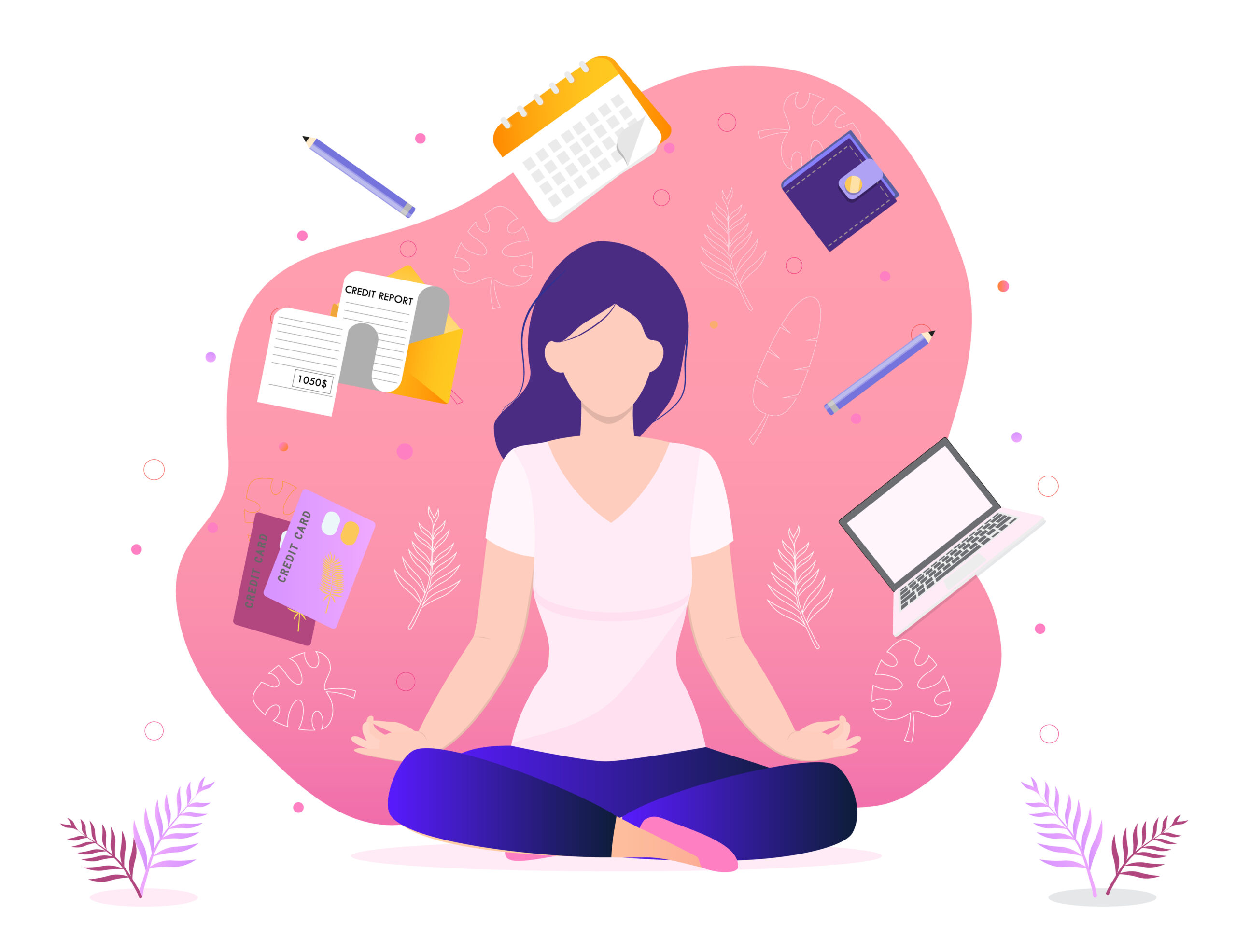
Sometimes the biggest problems facing you each day aren’t concerning your physical fitness, how you feel, who you’re with or where you are… Oftentimes, the glaring issue that affects your health the most severely is WHAT you do for a living.
Our vocational wellbeing is something that is almost an epidemic in society today. Careers are often adopted out of necessity, jobs come and go, and what we do to earn enough money to achieve our goals can be anywhere from “absolute passion” to “nightmare scenario” on the vocational spectrum.
Just like with your environment, you can exert control over your chosen profession (even if you feel like it’s always out of your control). Work is available everywhere in myriad forms, it’s often just a matter of you putting yourself in the path of an opportunity. “Easier said than done!” we can hear many of you crying out, and we’re not in disagreement there. However, we are advocating the importance of taking charge of your destiny by being proactive, being strategic, staying positive and refusing to settle for less than your own health & happiness.
We all have to work hard to get where we’re trying to go, and we’re all on different trajectories to get there. How you get there doesn’t really matter, as long as you reach your destination _______, but there’s something missing with that phrase. A quintessential notion that can help you be content, confident and comfortable with your vocation is that “… you reach your destination, and be in better shape (mentally, physically, emotionally, spiritually, etc) than you were when you started your journey”.
Your job should help you grow your bank account but it also needs to contribute to the development of your wellbeing. Learning new skills, adopting beneficial behaviors, building relationships, and accumulating positive experiences shouldn’t be byproducts of a good job – they should be the main selling point for any given vocation!
Don’t settle for anything that takes away from your life, your health or your happiness more than it brings to the table. There’s millions of ways to make money, so make sure you choose the one that makes you millions without taking its toll on your wellbeing.
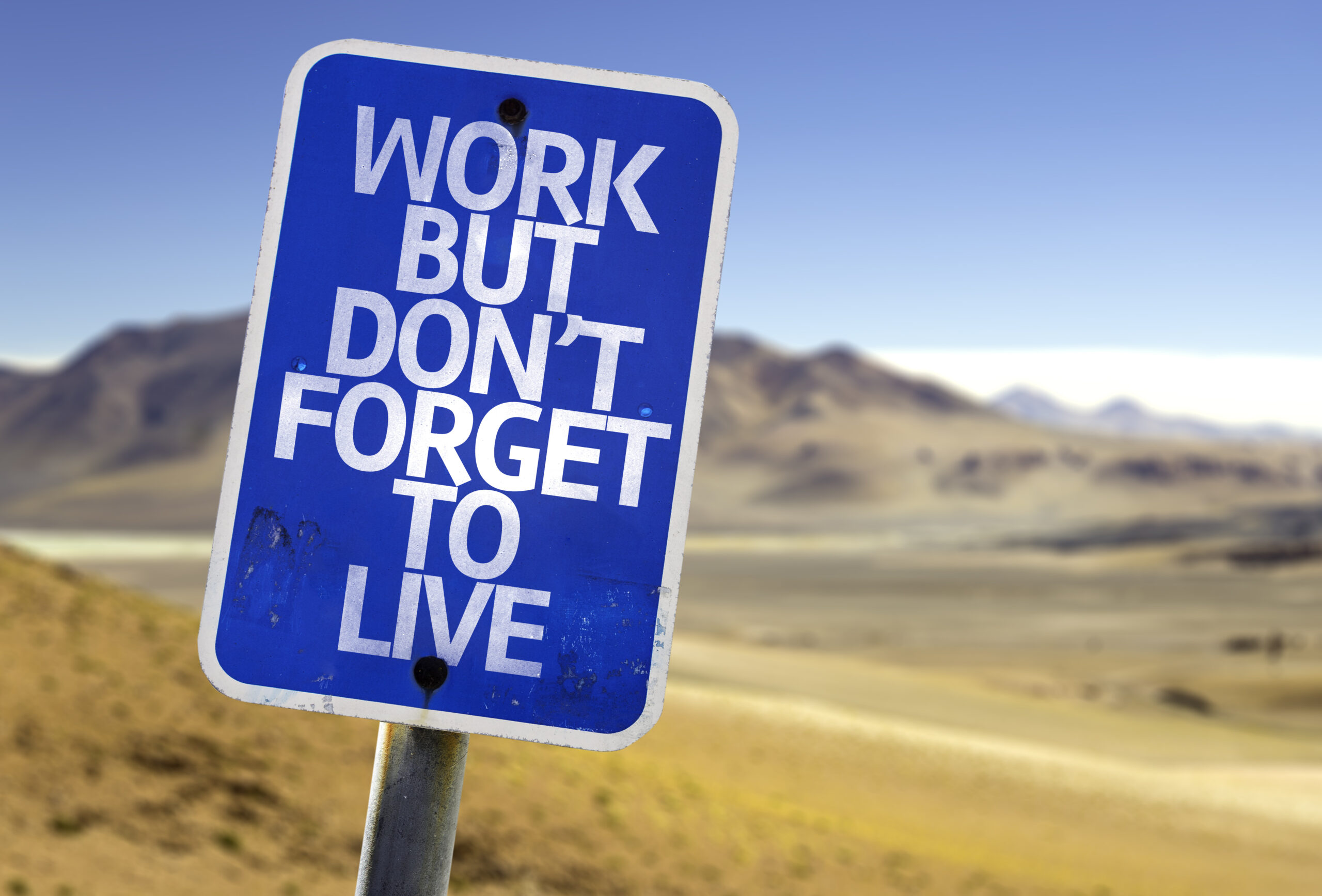
YOUR LIFE & BALANCED LIVING
BALANCE is just one of Verlota’s 5 Health Elements, but as this article has aimed to demonstrate, it is the one element that truly brings the others together in the end. The 7 Aspects of Wellbeing are meant to paint a picture of your overall health, but you could argue that different strokes could lead to the same portrayal of a life of wellness. This blog is meant to be an open ended guide that hopefully helps you realize that balancing your life requires attention to many different details, and knowledge & understanding of the numerous dimensions of our wellbeing.
How well you SLEEP can be tied to where you get your ENERGY. Your level of CALM is often linked with the strength (or weakened state) of your IMMUNITY. Through it all, the real trick to being healthy, feeling well and being happy in life is to find BALANCE in all things.
Try mapping out your own aspects of wellbeing and take stock of your personal wellbeing. When you detail all your strengths & weaknesses, it’s easier to achieve mental balance, emotional balance, physical fitness and spiritual equilibrium. Half the battle of getting over a health-related hurdle is to fully understand what you’re trying to overcome.
You can learn how to achieve balance in life, and it starts with discovering the different dimensions of your unique health story.
Keep CALM, SLEEP strong, find ENERGY & IMMUNITY with Verlota and BALANCE on.
FAQ’s
How do you balance your mental & physical health?
There are many ways to lead a healthy, balanced life so it really depends on your situation. Whatever suits your needs, fits into your lifestyle, and makes you feel healthy can contribute to balanced mental & physical wellbeing.
How do you maintain good mental health and wellbeing ?
Achieving a positive state of health can be tough, but maintaining your wellbeing can be even tougher. Eating healthy, consistently exercising, staying mentally alert and making sure you’re getting enough enjoyment out of your days are all important components of a balanced lifestyle.
Why is balance so important in your mental health?
Balancing your energy, positivity, rest and mental sharpness are often overlooked, but striking a healthy equilibrium can be critical to both short- and long-term mental health. Too much or too little nutrition, sleep, mental stimulation, physical exercise or leisure time can lead to an imbalance in your mental/emotional state. Finding the right balance that works best for you can be a process, but it’s very important for your wellbeing.
How do you balance your priorities with your wellbeing?
Never sacrifice your health or the wellbeing of others for the priorities of the day. In the end, all you have is your health, but balancing the needs of your mental, physical and emotional states with the demands of your busy lifestyle can seem impossible. You can achieve a healthy life and balanced schedule without giving up on certain aspects if you work hard, plan ahead and do your best to avoid stress.
How do you live a balanced life?
What does living the balanced life mean to you? It will depend on your lifestyle, situation and stages in life, but ultimately leading a balanced life is all about being confident, comfortable, content and coordinated.
What are the elements of a balanced life?
Verlota’s 5 Health elements system of living a balanced life is a good starting point for balancing your lifestyle with your long-term goals. It’s critical to be confident in your state of being, finding comfort in your daily life, being content or calm with your situation but staying coordinated in your pursuit of personal & professional excellence.
What are the “7 Aspects of Life”?
A popular balanced lifestyle is the “7 aspects of life”: Physical, Emotional, Intellectual, Social, Spiritual, Environmental and Occupational aspects. These domains of influence are thought to encompass all the essential elements of your life, and managing them and balancing these aspects is considered to lead to a happy & healthy life.
What is a balanced personality?
A balanced personality is essentially someone who does not fall victim to any extreme emotions and is able to stay centered, calm, confident and coordinated.
What does a balanced life mean?
A balanced life is very subjective and can vary greatly from person to person, but in essence a balanced lifestyle is all about being happy & healthy. What makes you happy and how you achieve/maintain your positivity is completely up to you. What many people focus too much on duplicating other peoples’ successes. Losing sight of your own health & happiness is very common, but when you hone in on your feelings and promote positivity in your everyday life you will find that mental balance, emotional balance and physical balance are very achievable indeed.







